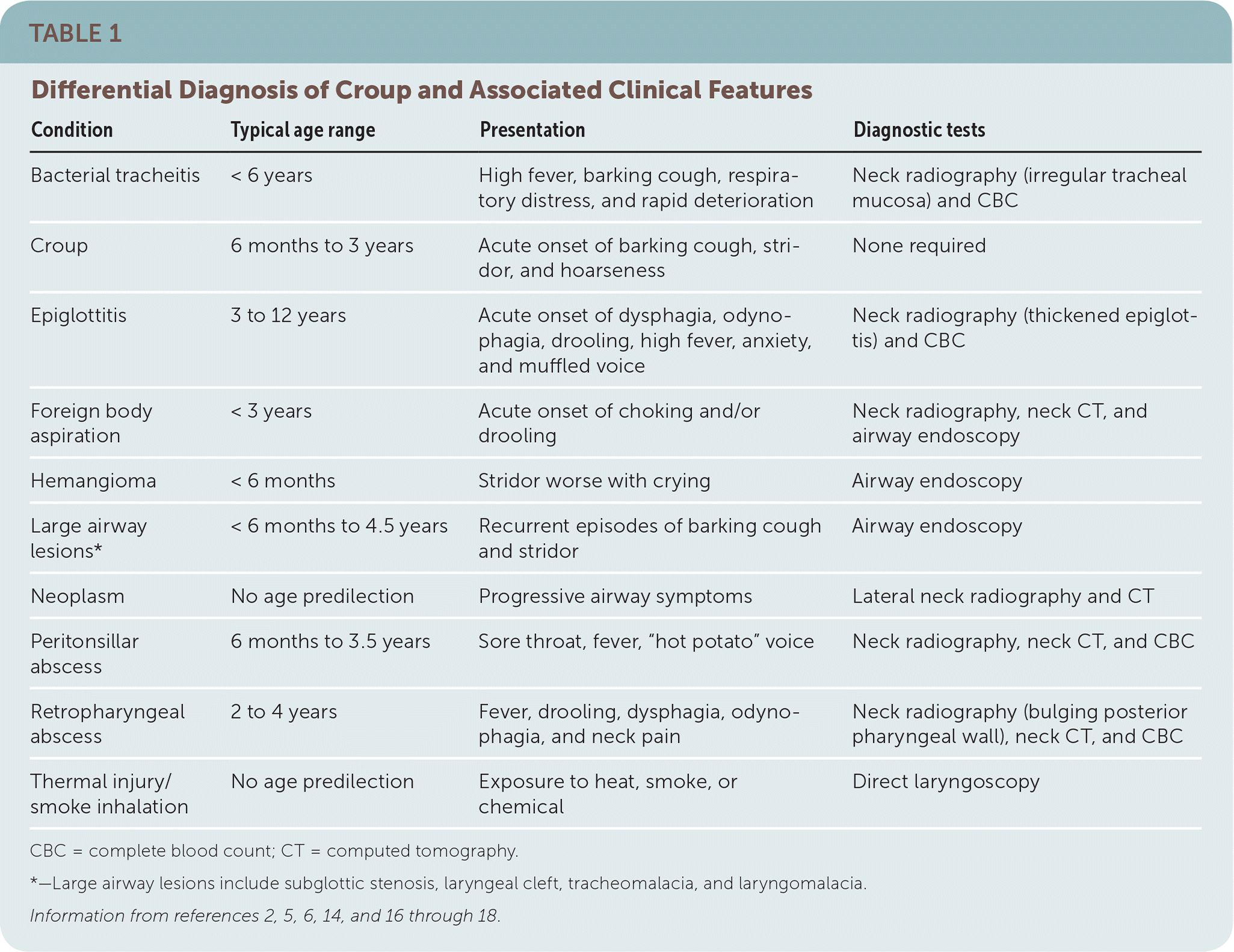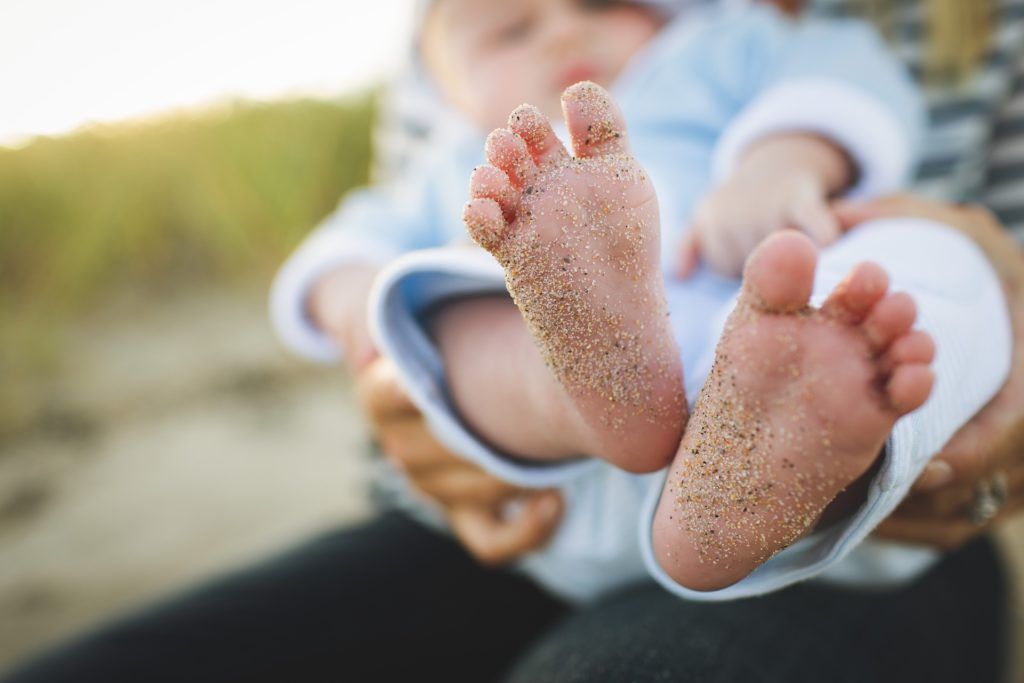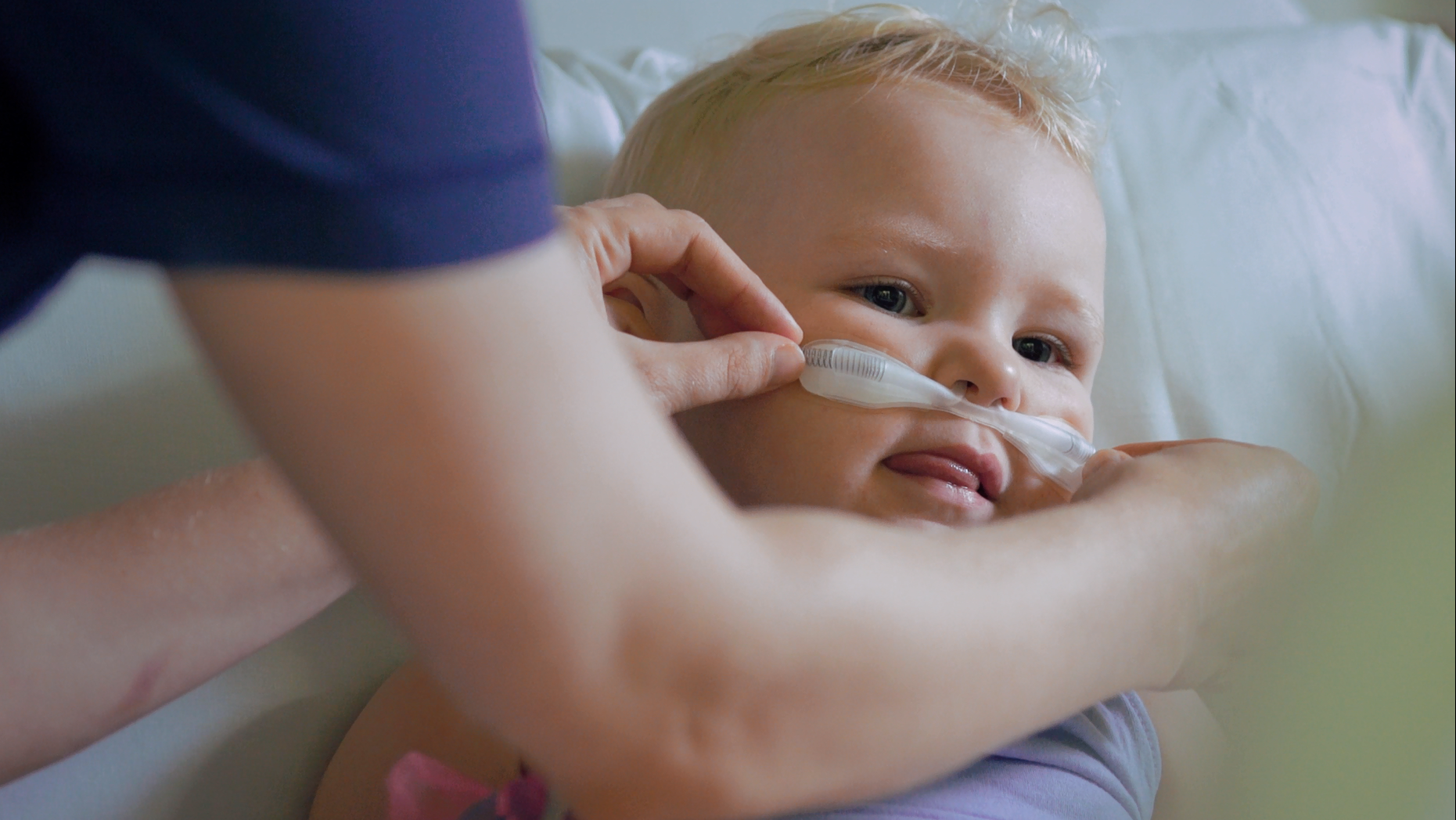Out Of This World Info About How To Treat Bronchiolitis
:max_bytes(150000):strip_icc()/Bronchitis-treatments-770331-v1-2c7ac2df955f4993906e37771c9a2940.jpg)
Later, your child may have a week or more of working harder than usual to breathe, which may include wheezing.
How to treat bronchiolitis. If they wheeze, grunt, or have a raspy, dry cough, they may have bronchiolitis. How do you treat bronchiolitis? There’s no specific treatment for bronchiolitis.
Listen carefully to their breathing. Oral corticosteroid medicines and pounding on the chest to loosen mucus, a treatment called chest physiotherapy, have not been shown to be effective for bronchiolitis and are not recommended. Most cases go away on their own and can be cared for at home.
It is a common, and sometimes severe illness. Antibacterials should be used only upon proven coexistence of bacterial infection nutrition and hydration should be assessed. Bronchiolitis is a disorder commonly caused by viral lower respiratory tract infection in infants.
During this treatment, a machine creates a fine mist of medicine that your child breathes into the lungs. It can cause coughing, wheezing, and a hard time with breathing. It is key that your child drinks lots of fluids to avoid dehydration.
If you have allergies, asthma or chronic obstructive pulmonary disease (copd), your doctor may recommend an inhaler and other medications to reduce inflammation and open narrowed passages in your lungs. Frequently tried pharmacological interventions, such as ribavirin, nebulized bronchodilators, and systemic corticosteroids, have not been proven to benefit patients with bronchiolitis. If it is, the bacteria causing it is usually mycoplasma pneumoniae.
Bronchiolitis doesn’t always need treatment, so talk to your child’s provider if they have symptoms. Rsv is a major pathogen that often causes outbreaks during the cold season [].by 2 years of age, more than 90% of children have serological evidence of rsv infection [].rsv is commonly present in young infants and children with bronchiolitis, which is a lower respiratory tract infection (lrti) with small airway obstruction, and can rarely. Breathing exercises and stress reduction can help ease breathing difficulties.
More than half of all infants are exposed to this virus by their first birthday. It is important to know that respiratory syncytial virus is just one cause of bronchiolitis. Prevention summary does your baby have a bad cold?
Bronchiolitis is managed supportively with hydration and oxygen. Antibiotics and cold medicine are not effective in treating bronchiolitis. Treatment is mostly supportive, which means it aims at managing the symptoms, rather than the cause of the disease itself.
When to see a doctor if symptoms become serious, call your child's health care provider. Oftentimes, it is caused by internal and external environmental exposures, including smoking. Sometimes, no treatment is necessary.
Antiviral medications (like oseltamivir for the flu). It aims to help healthcare professionals diagnose bronchiolitis and identify if babies and children should be cared for at home or in hospital. The mainstays of therapy include airway support, supplemental oxygen, and support of fluids and nutrition.




/GettyImages-1154221057-d8cf710f55504670ab483355860d6e4f.jpg)













